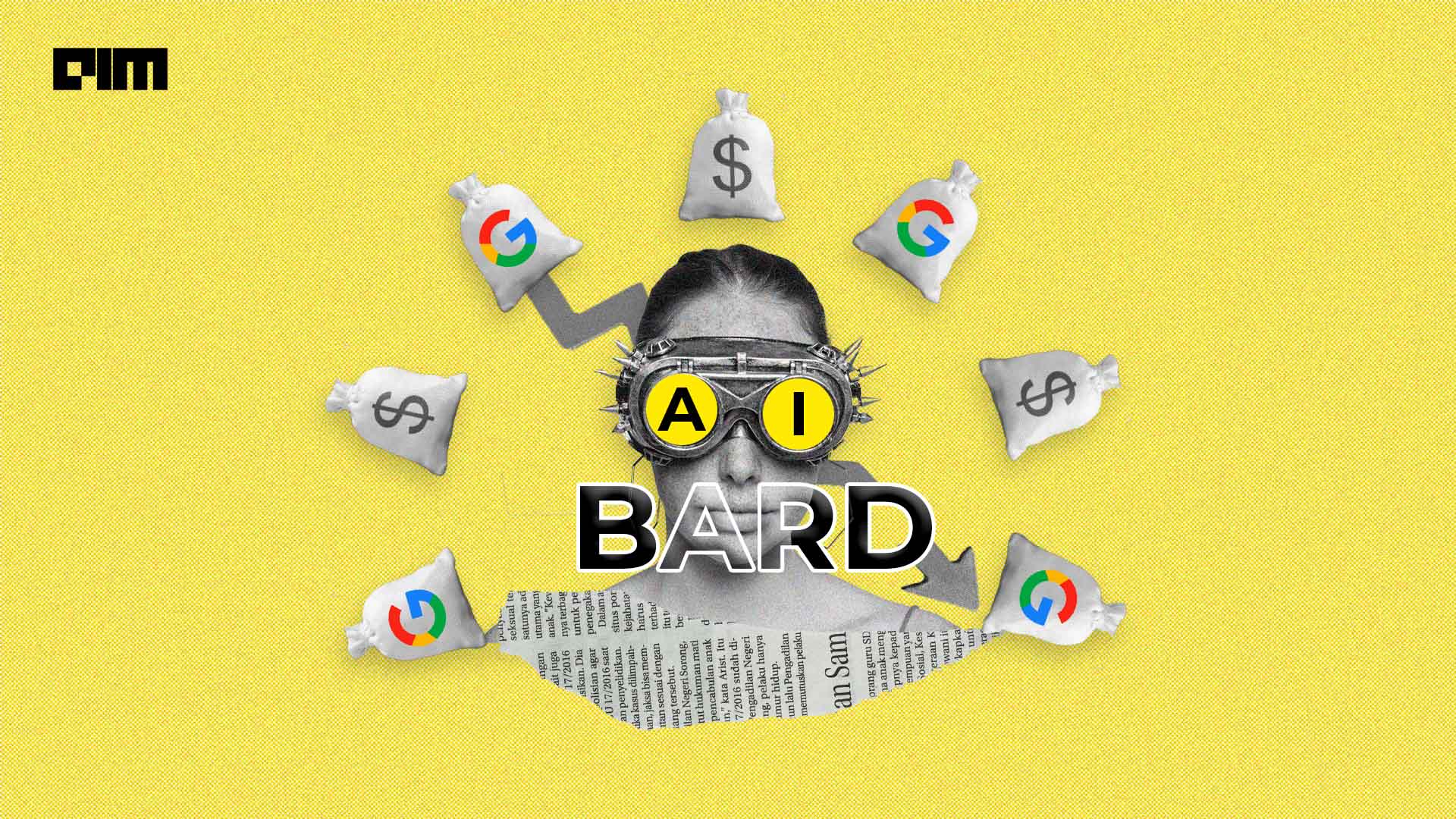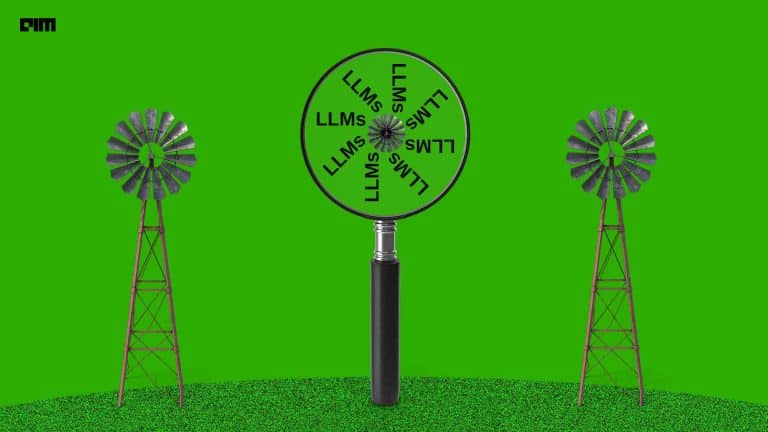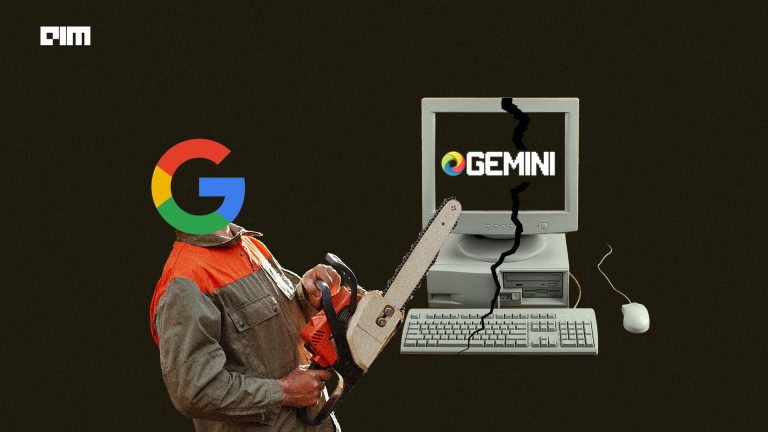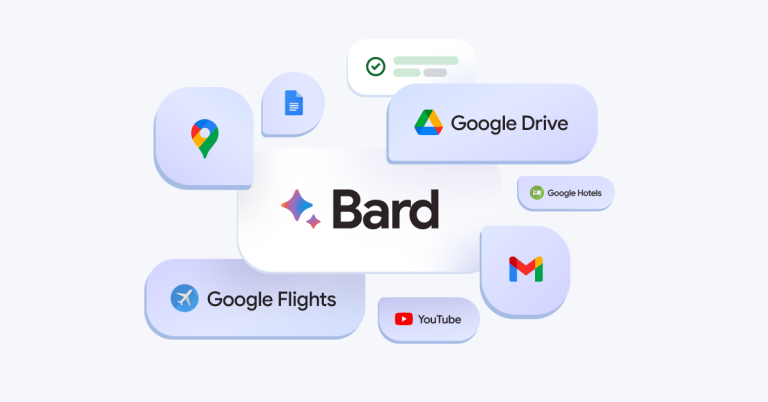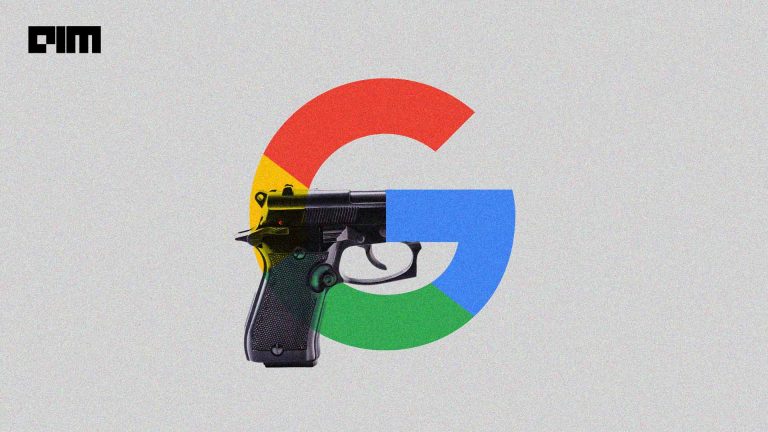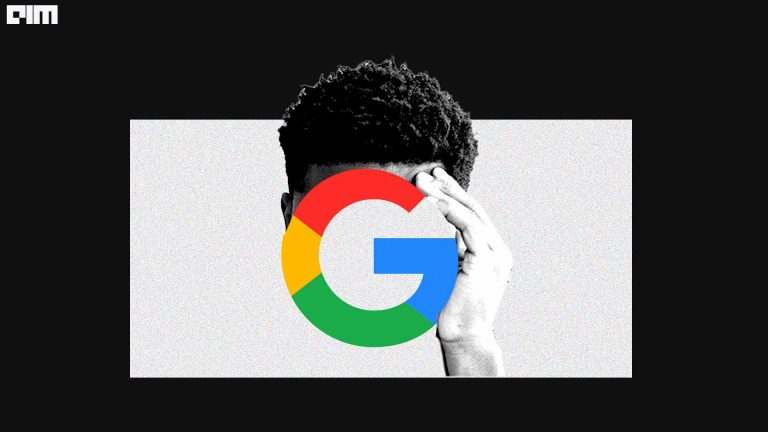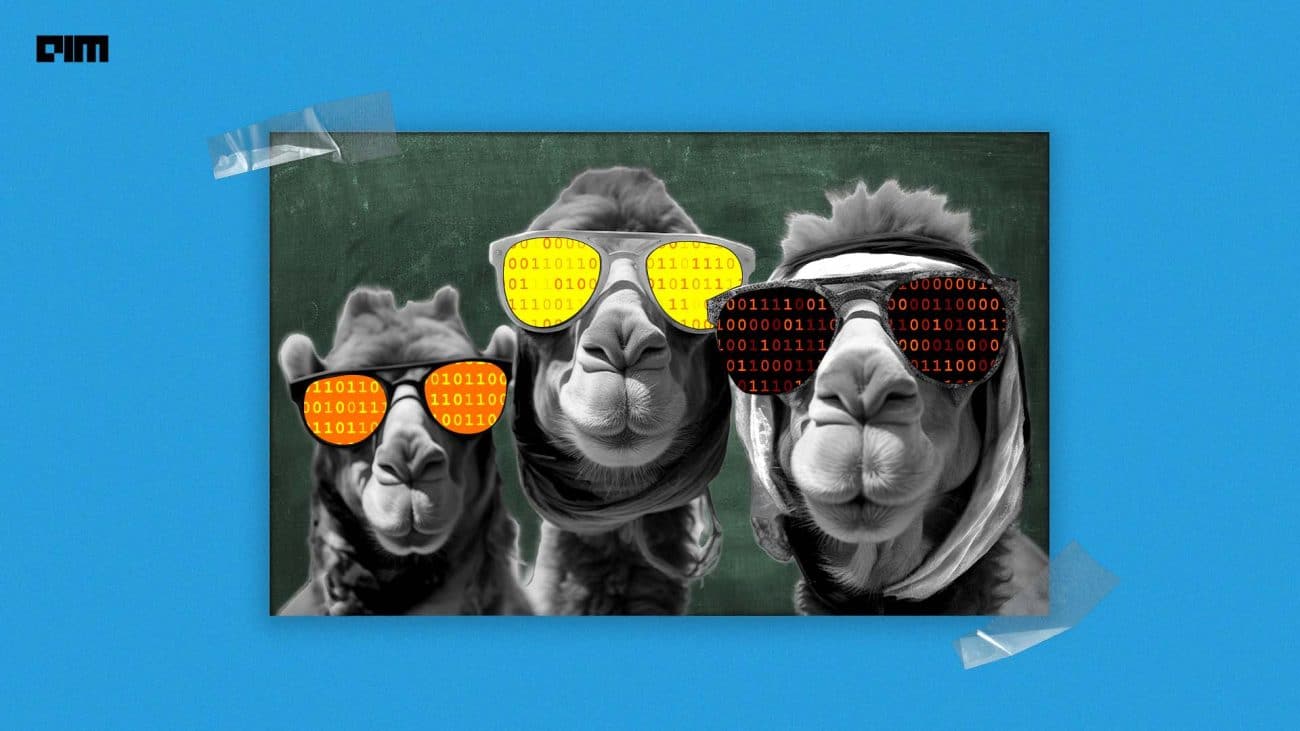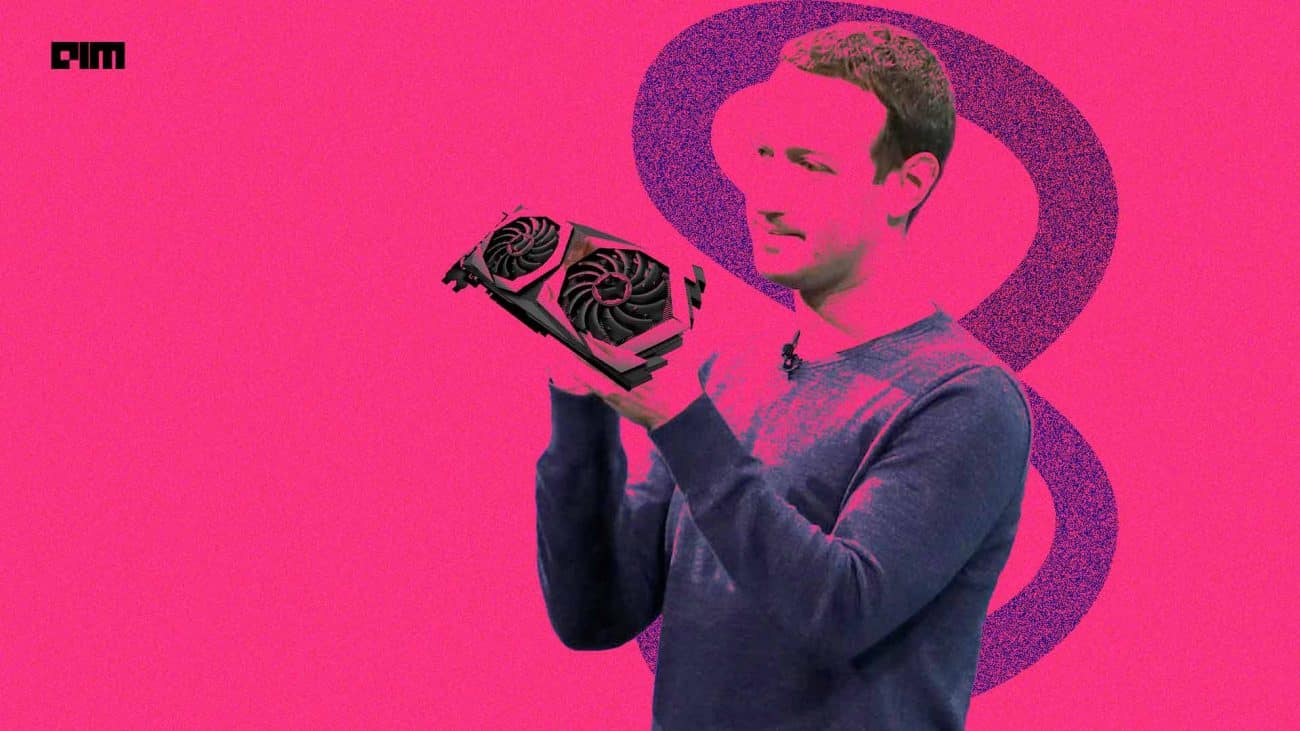|
Listen to this story
|
Following much anticipation, Google recently announced ‘Bard’, its large language model (LLM)-powered chatbot. Large language model-powered search engines will bring a paradigm shift in how people search for information on the web. However, for Google, it might be a conundrum because Google generates a major chunk of its revenue from ads.
2/ Bard seeks to combine the breadth of the world's knowledge with the power, intelligence, and creativity of our large language models. It draws on information from the web to provide fresh, high-quality responses. Today we're opening Bard up to trusted external testers. pic.twitter.com/QPy5BcERd6
— Sundar Pichai (@sundarpichai) February 6, 2023
The Ad revenue conundrum
Google’s ad revenue is in billions and rising year after year. In 2021, Google generated revenues of around USD 256.74 billion, out of which around USD 209.49 billion came solely from advertising.
In 2020, Google generated USD 183 billion in revenue, of which USD 147 billion—which is more than 80%—came from ads. Within the ad sphere, search is the most lucrative channel for Google.
This statistic potently emphasises how important the ads business is for the tech giant. But, with Bard, this could be an issue. How?
Type anything on Search, and Google shows you ads which are specific to your search. This is because advertisers bid for specific keywords that trigger the display of their ads to targeted users in search results.
If you click on one of these links, Google makes money. However, with Bard providing answers directly, users may not need to click on these links. As things stand, it looks like Bard will provide answers to the users’ queries upfront and provide all links at the bottom.
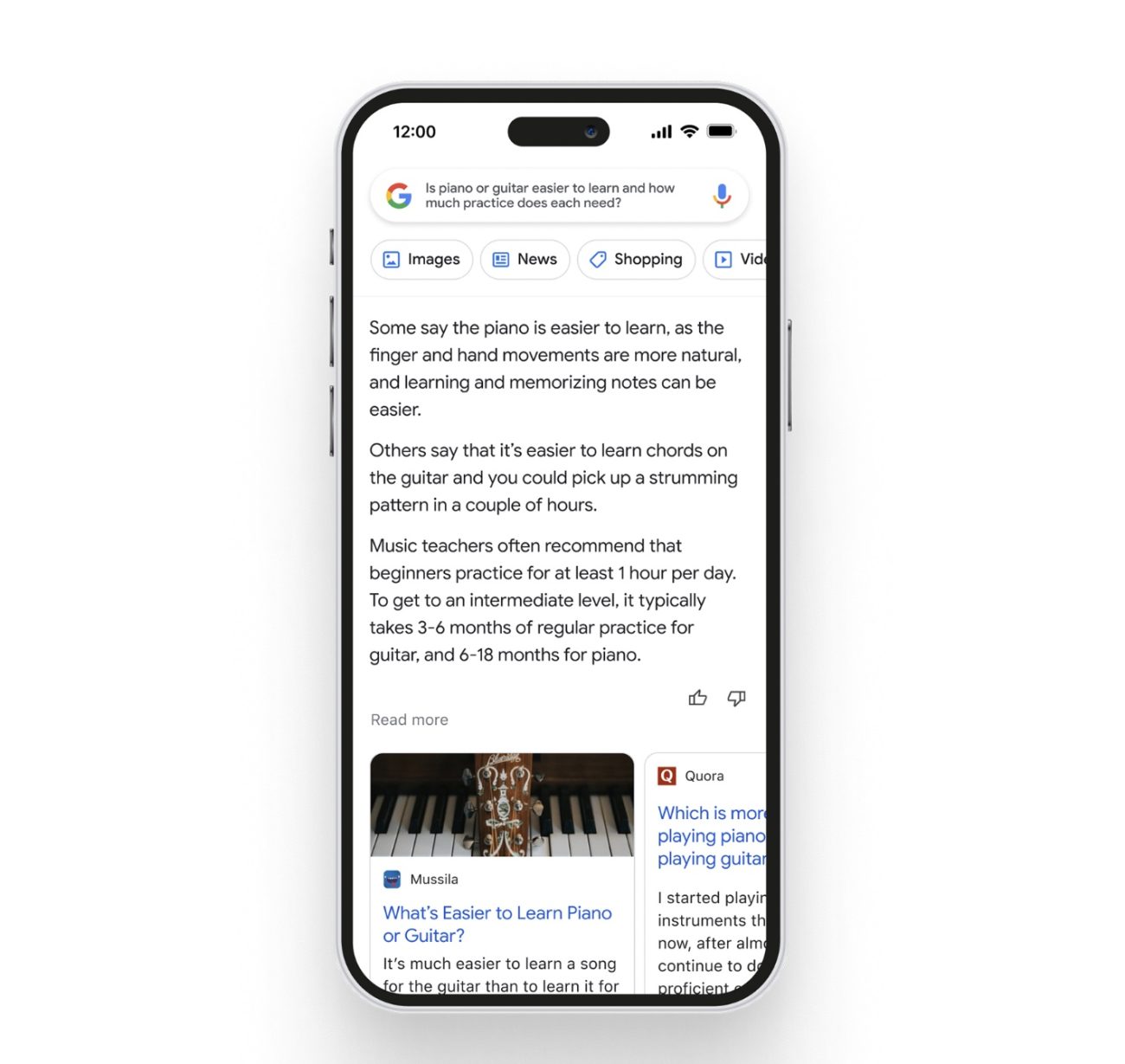
There is a probability that users will consume the information generated by Bard and won’t venture further into the Search Engine Results Page (SERP). Even if they are not happy with the results, they can refine their search and get the necessary information from Bard.
Only when they are genuinely dissatisfied with the results generated by the chatbot, would they venture off into the links on the SERP. If such is the case, ad clicks will reduce nonetheless. This could lead to advertisers putting an end to placing their ads on Google Search which, in turn, could translate into a potential loss in revenue for Google. We asked the same thing to ChatGPT, and this is what it had to say:
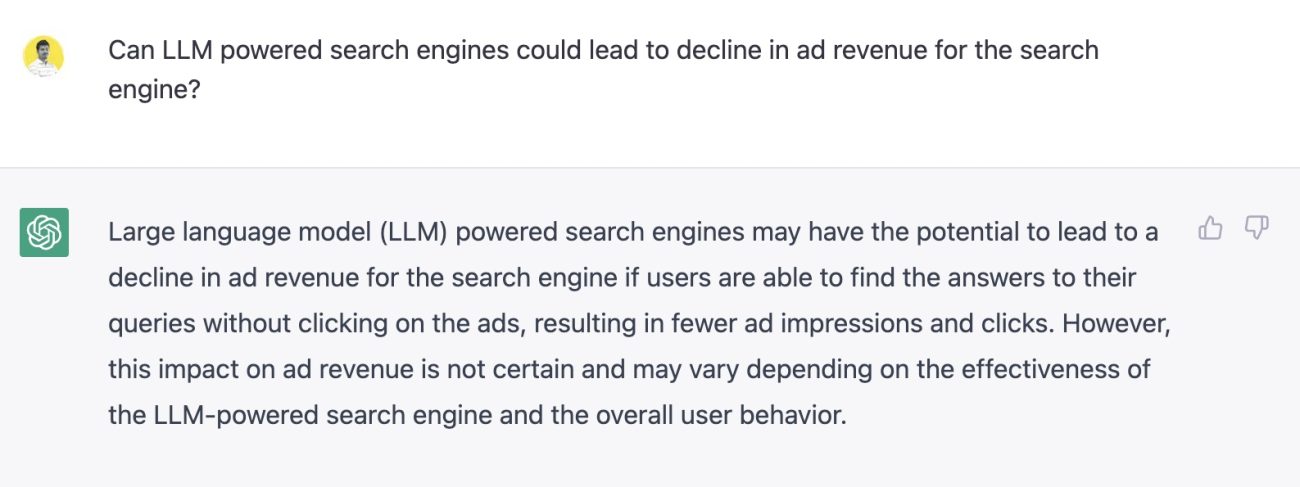
As ChatGPT states, it is also important to note that these LLM-powered chatbots are not always reliable. Not all answers generated by ChatGPT are correct. In fact, Google lost nearly USD 100 billion of market capitalisation as Bard made a factual error during its first-ever demo.
Moving on, currently, it’s unclear how Google and Microsoft plan to tackle this; one way could be that these chatbots cite their sources along with the information. Other LLM-powered search engines are already doing so.
The paradox of reuse
Dario Taraborelli, a researcher at the Chan Zuckerberg Initiative, introduced the concept of ‘paradox of reuse’ at the 2015 ICWSM conference.
Taraborelli stated that even though there is more access to open data and reusable content (meaning it can be used by anyone), it’s not being used as much as one would expect. The reason being that even though it has become cheaper to use this data and content, it hasn’t become more valuable or helpful in a significant way.
Now, the emergence of ChatGPT and Bard has brought the ‘Paradox of reuse’ back into focus with even greater significance.
Many websites are dependent on Google Search to drive traffic to websites through ads. However, with traffic diminishing, these websites, which are dependent on Google search and online ads, might go out of business or defunct.
4) If no one goes to websites, or as frequently, it’ll drastically reduce income for content creators. Will this reduced income cause them to create less content? Does less new content cause AI tools to be not as good? How does that affect things?
— CharlesUnedited (@CharlesUnedited) February 7, 2023
This could result in decreased data input to the web, which is often the source used to train the large language models powering ChatGPT and Bard.
This will inevitably affect the training data of conversational chatbots—which would become outdated in this scenario—thereby hampering their ability to provide accurate and up-to-date information. Hence, the Paradox.

Similar observations were documented by Nick Vincent, an ML researcher, in a blog post. “Without a doubt, these new systems are enormously exciting and potentially transformative. But if web users seriously shift their use of search engines to answer engines like ChatGPT, we will see the Paradox of reuse return in an even more extreme form. Users will see fewer links, and the answers themselves will be downstream of content from even more platforms,” Vincent said.
While Bard and the integration of ChatGPT with Bing has generated much excitement, the challenges it presents for Google and, to some extent, Microsoft will need to be addressed sooner rather than later.


